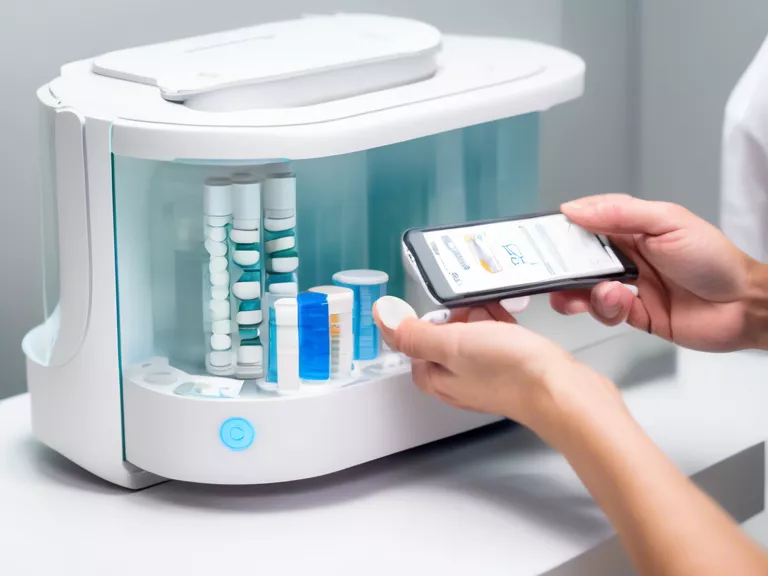
With the rise of personalized health apps, managing chronic diseases has become more convenient and effective than ever before. These apps provide users with tools to track their symptoms, medications, activity levels, and vital signs in real-time, allowing for more personalized and tailored treatment plans. In this article, we will explore the impact of personalized health apps on chronic disease management.
One of the biggest advantages of personalized health apps is their ability to empower patients to take control of their own health. By providing easy access to health data and actionable insights, these apps enable patients to make informed decisions about their treatment and lifestyle choices. This increased engagement and motivation can lead to better adherence to treatment plans and ultimately improved health outcomes.
Furthermore, personalized health apps can help healthcare providers better monitor and manage their patients' chronic conditions. By allowing for remote monitoring and quick access to patient data, these apps enable providers to intervene early and adjust treatment plans as necessary. This can lead to more timely and effective care, ultimately reducing hospital admissions and healthcare costs.
In addition, personalized health apps can facilitate communication between patients and healthcare providers. Features such as messaging and video consultations allow for easier and more frequent interactions, leading to improved care coordination and patient satisfaction. This increased communication can also help identify potential issues early on, preventing complications and improving overall quality of care.
Overall, the impact of personalized health apps on chronic disease management is significant. These apps have the potential to revolutionize the way chronic diseases are treated and managed, providing patients and healthcare providers with valuable tools for better health outcomes. As technology continues to advance, personalized health apps will undoubtedly play an increasingly important role in the future of healthcare.



